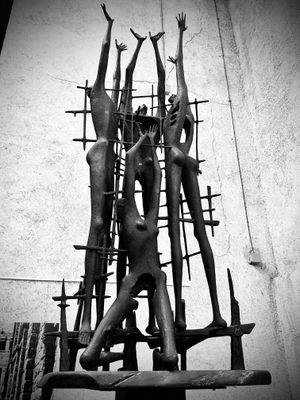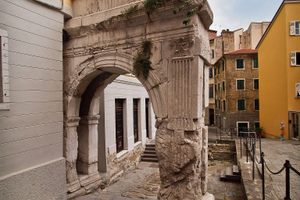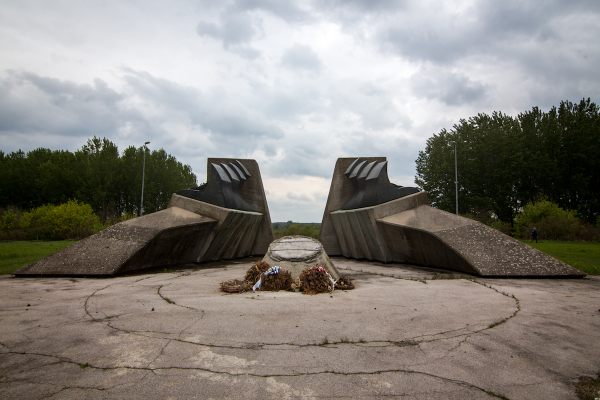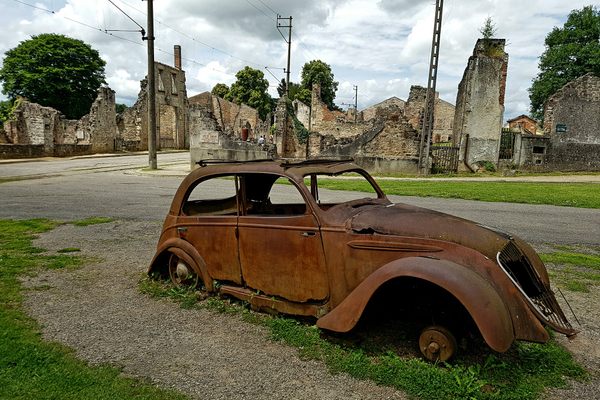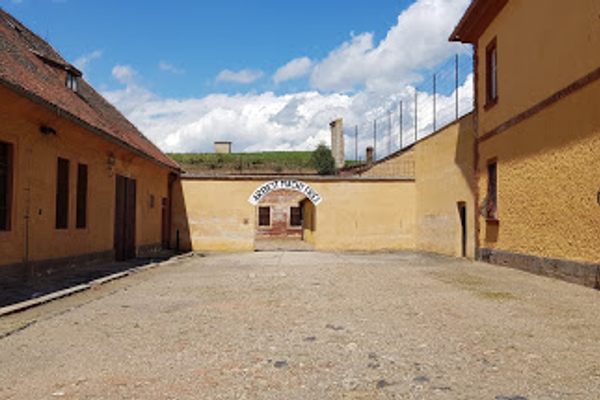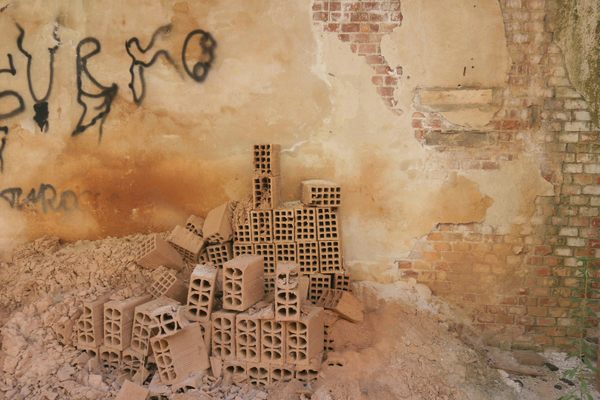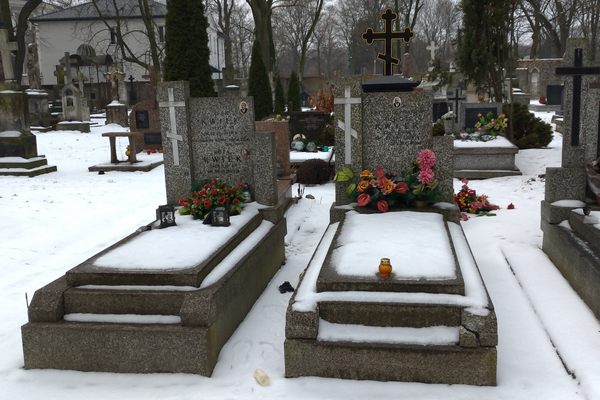About
Once just a local rice mill or risiera, in September 1943, the Risiera di San Sabba took a dark turn. The complex became a Nazi concentration camp, used for the detention and killing of political prisoners and Jews.
The factory at the Risiera di San Sabba, located in the northern Italian town of Trieste, began production in 1898, its main buildings going up in 1913. The place enjoyed 45 peaceful years until German occupation forces in Trieste decided to repurpose it. Many of the occupants kept at Risiera di San Sabba later went on to the concentration camp at Auschwitz-Birkenau. Historians estimate that over 3,000 people were killed at Risiera itself, often by cremation and gassing.
The building complex was first turned into a Polizeihaftlager (police concentration camp). The central building, at six stories high, was used as a barracks for different sets of troops, while other parts of the complex became kitchens, offices, storage rooms, and garages. Architect Erwin Lambert, who had already constructed a number of gas chambers in Germany, Austria, and Poland, built crematory facilities in one of the main the risiera's main buildings. In 1945, these facilities were intentionally blown up by the Germans to try and hide evidence of their crimes. No one involved at the camp was ever officially convicted.
After World War II, Risiera did not return to business as usual, but became a center for refugees; in the 1950s, many of them were ethnic Italians fleeing from Yugoslavia. In 1965, Risiera di San Sabba was declared a national monument, and in 1975 was renovated into a museum, which guests can now visit.
Related Tags
Know Before You Go
Entry is free. Visits require reservations for groups, and hours are from 9am to 6pm. Reservations can be made by email (prenotazione.ingresso.risiera@comune.trieste.it) or by phone at 040 675 8559.
To get there, take bus 8 or 10. If you are driving, take the motorway A4 and get off at exit: Valmaura / Stadium / Cemetery
Flavors of Italy: Roman Carbonara, Florentine Steak & Venetian Cocktails
Savor local cuisine across Rome, Florence & Venice.
Book NowPublished
May 13, 2016





